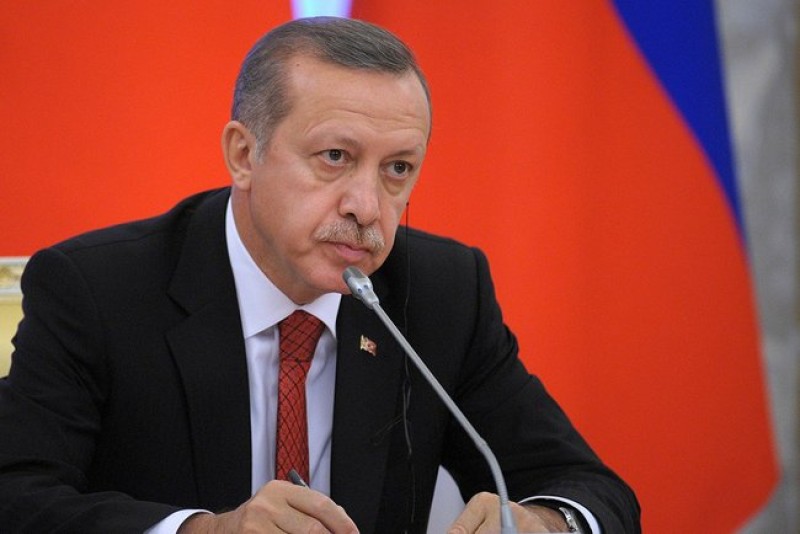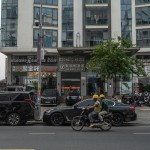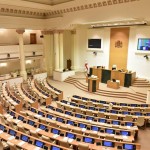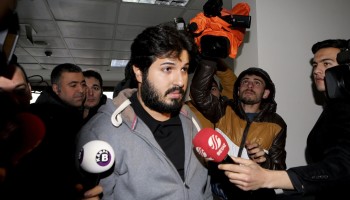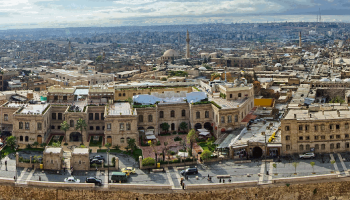Serko Cavdet, head of the KRG's energy commission, told the Turkish state-run news agency Anadolu that the images were actually Kurdish tanker trucks carrying oil from a Kurdish region to the Turkish Port of Ceyhan, reported The Moscow Times.
"The KRG exports its oil via pipelines and tankers to Turkey for sale to buyers around the world," Cevdet said, "The Russian satellite images showed these tankers … Russia has no proof of any oil transactions between Turkey, the Kurdish region, and the Islamic State."
He added that IS could not have transported oil through Kurdish-controlled territory, as the Kurds are fighting IS.
Meanwhile, Turkey has shot back at Russian allegations that it is smuggling IS oil. The Turkish government now claims Russia is profiting from illicit oil deals with IS, according to The Daily Beast.
Turkish President Recep Tayyip Erdogan alleged that George Haswani, a Syrian businessman with Russian nationality, has acted as a middleman for Russia and Syrian President Bashar Al Assad in buying IS oil and selling it to the Syrian government and international oil traders.
Turkish media is alleging Haswani was trained in Russia and established an engineering and construction company called HESCO in Syria, according to The Daily Beast. According to the Turkish website Radikal, HESCO allegedly has ties to Russian companies and the Russian military.
Erdogan declared the Turkish government had evidence of Haswani's deals and it is not the only one convinced of Haswani's role in brokering the illegal oil deals.
According to The Daily Beast, the US Department of the Treasury blacklisted Haswani last week. It issued a press release stating the sanctioning of Haswani and other individuals noted is an “action also target[ing] Russian support to the government of Syria.”
Haswani has been sanctioned for “for materially assisting and acting for or on behalf of the Government of Syria” and serving “as a middleman for oil purchases by the Syrian regime from ISIL” according the US Treasury.
The US Treasury press release also stated that HESCO was running “energy production facilities in Syria, reportedly in areas controlled by ISIL.”
Haswani was added to the European Union's (EU) sanction list this past March, according the press release.
The US Department of the Treasury makes no mention of Haswani's ties to Russia. However, the EU sanctions list noted Haswani as having “close ties to the Syrian regime” and added that “[h]e also benefits from the regime through favourable treatment including the award of a contract (as a subcontractor) with Stroytransgaz, a major Russian oil company.”
The Daily Beast reports that the EU has highlighted that HESCO has business interests across Sudan and Algeria and its Moscow office is allegedly run by his son-in-law, Joseph Arbash, a member of the Syrian Communist Party. Haswani himself was reportedly married to a Russian woman he later divorced to marry a Syrian with family ties to Assad.
When the EU sanctioned him in March, Haswani vehemently denied the accusations levelled against him. He told Reuters that the EU did not have evidence for its claims and that it should look into the brokers who were bringing IS oil to Turkey instead.
